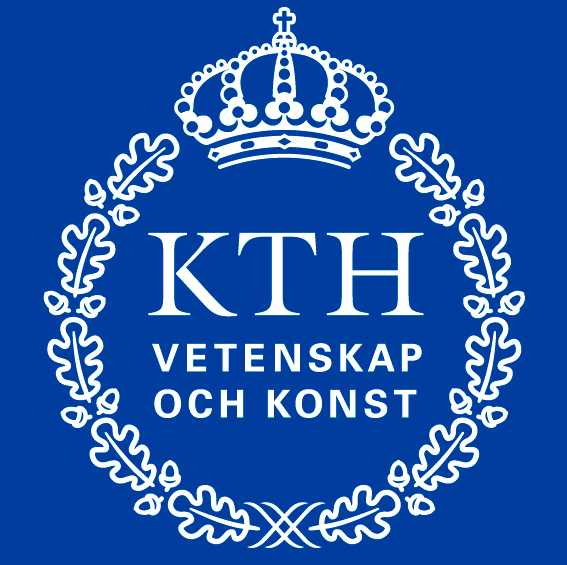Problem A
Discrete Logging

Given a prime $P$, $2 \le P < 2^{31}$, an integer $B$, $2 \le B < P$, and an integer $N$, $1 \le N < P$, compute the discrete logarithm of $N$, base $B$, modulo $P$. That is, find an integer $L \ge 0$ such that
\[ B^ L \equiv N \bmod {P}. \]The solution to this problem requires a well known result in number theory that is probably expected of you for Putnam but not ACM competitions. It is Fermat’s theorem that states
\[ B^{P-1} \equiv 1 \bmod {P} \]for any prime $P$ and some other (fairly rare) numbers known as base-$B$ pseudoprimes. A rarer subset of the base-$B$ pseudoprimes, known as Carmichael numbers, are pseudoprimes for every base between $2$ and $P-1$. A corollary to Fermat’s theorem is that for any $m$
\[ B^{-m} \equiv B^{P-1-m} \bmod {P} \]Input
There are several lines of input (at most $15$), each containing $P$, $B$, and $N$ separated by a space.
Output
For each input line, print the logarithm on a separate line. If there are several solutions, print the smallest; if there is none, print “no solution”.
| Sample Input 1 | Sample Output 1 |
|---|---|
5 2 1 5 2 2 5 2 3 5 2 4 5 3 1 5 3 2 5 3 3 5 3 4 5 4 1 5 4 2 5 4 3 5 4 4 12345701 2 1111111 1111111121 65537 1111111111 |
0 1 3 2 0 3 1 2 0 no solution no solution 1 9584351 462803587 |
